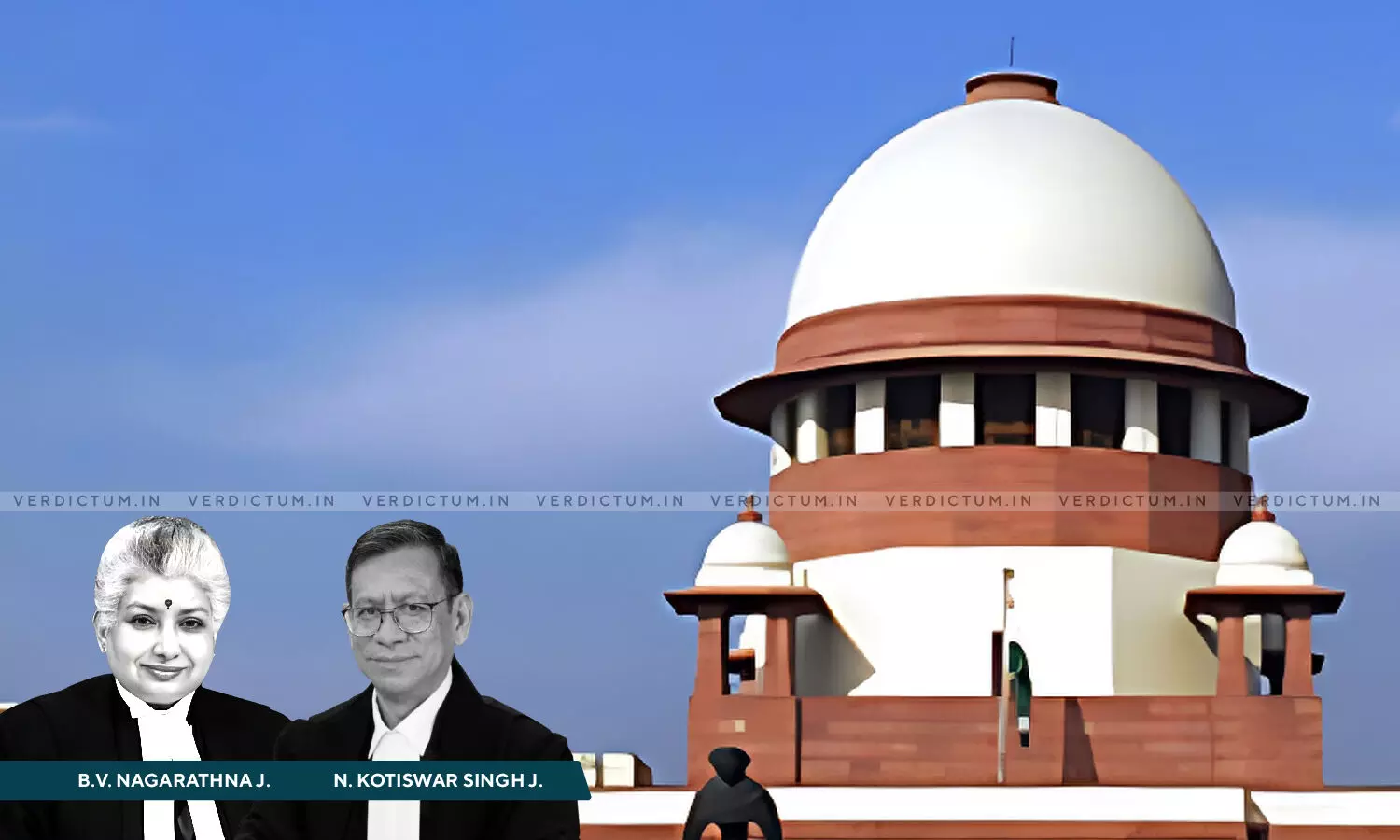
Statutory Authorities Cannot File Writ Petition Invoking Article 32 Of Constitution: SC Dismisses NCPCR's Petition Alleging Child Trade By Missionary NGOs
 |
|The Supreme Court observed that Article 32 of the Constitution cannot be the basis to file a Writ Petition by statutory authorities against a State or Union Territory for seeking directions in aid of discharging its functions under the statute.
The Court pulled up the National Commission for Protection of Child Rights (NCPCR) for filing a writ petition seeking broad and unspecified directions against alleged illegal child trade by missionary organizations.
The Bench of Justice BV Nagarathana and Justice Nongmeikapam Kotiswar Singh found the petition "strange" and emphasized that a statutory body like NCPCR cannot invoke Article 32, which is intended to protect the fundamental rights of citizens, to seek relief against private entities.
The NCPCR had filed the petition in 2020, alleging illegal sale of children in charity homes run by the Missionaries of Charity. It sought a time-bound, court-monitored investigation of such organizations in Jharkhand, as well as the formation of Special Investigation Teams (SITs) across several states to look into similar activities. States such as Arunachal Pradesh, West Bengal, Assam, Punjab, Uttar Pradesh, Kerala, Maharashtra, Bihar, and Andhra Pradesh were included as respondents.
The Bench dismissed the petition, criticizing its lack of specificity. "We find that the reliefs sought are, in the first place, vague and omnibus and therefore, can neither be entertained nor considered," the Bench said.
The Court further questioned the NCPCR's decision to file such a petition, noting that statutory bodies do not have the standing to invoke Article 32 in this manner. "It is strange that a statutory body is invoking Article 32 of the Constitution for such reliefs. When Article 32 is meant for citizens to enforce their fundamental rights, the said Article cannot be used by statutory authorities to seek enforcement of fundamental rights against private citizens," the Court observed.
The Bench underscored that the NCPCR already possesses the necessary powers under the Commissions for Protection of Child Rights Act, 2005, to conduct inquiries and take action for the protection of child rights. Given this, the Court found no merit in the petition and dismissed it. "Before parting with this writ petition, we however observe that under the provisions of the Commissions for Protection of Child Rights Act, 2005, the NCPCR as well as the State Commissions are empowered to carry out their functions in terms of Section 13; conduct enquiries in terms of Section 14 and take steps thereafter in terms of Section 15," the Court said.
"In the circumstances, we do not think that such vague and omnibus prayers could have been sought by the petitioner-NCPCR in the present Writ Petition. Hence, the same is dismissed," the Bench concluded.
Cause Title: The National Commission for Protection of Children Rights v. State of Jharkhand & Ors. & Another Connected matter [Writ Petition (C) No. 222/2020]
Click here to read/download the Order